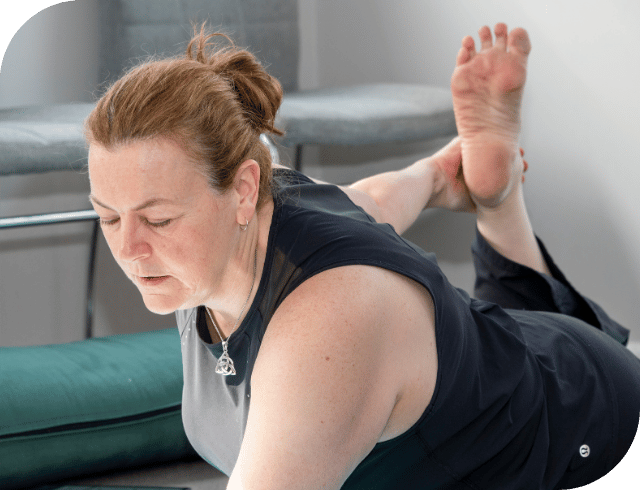Whether you’re living with cancer or caring for someone, many people around you likely want to help, but they may not be sure what you need.
Once you start to come to terms with your ‘new normal’, it can be helpful to put together a list of what kind of support you need and who may be best placed to help.
Emotional Support
Think about who you feel most comfortable sharing your feelings and experiences with. This could be family members, close friends, support groups, or healthcare professionals.
A helpful thing to ask yourself is “do I want someone to listen, or do I want solutions?”. For each conversation, clearly communicate your needs and preferences.
At Cancer Wellness Support, you might like to consider counselling, expressive arts therapy, our Write, Talk, Meditate workshop, or our counselling general support group.
These can provide a safe space to express your emotions and offer practical strategies with a therapist or counsellor who specialises in supporting people living with cancer and their carers.
Practical Assistance
Whether it’s helping around the house, meal preparation and grocery shopping, driving you to and from appointments, or coordinating childcare and school pick ups, consider who can help you and how they can best assist.
This is where technology can be incredibly helpful. Setting up a shared smart phone calendar or exploring family organiser apps can help to delegate jobs and keep everyone organised.
Financial Support and Guidance
Money worries are common, especially while in the active treatment phase or while caring for someone.
Consider whether you’d like to work with a trusted family member, accountant or financial planner on forward planning your finances and juggling your household budget around what’s changed.
If financial support is required, explore income support options through Centrelink or other support services such as the Cancer Council Pro Bono Program for financial planning and small business accounting.
Remember: Lean on the different strengths and skills of your family and friends. Some may offer more practical support, whilst others may focus on emotional support.




